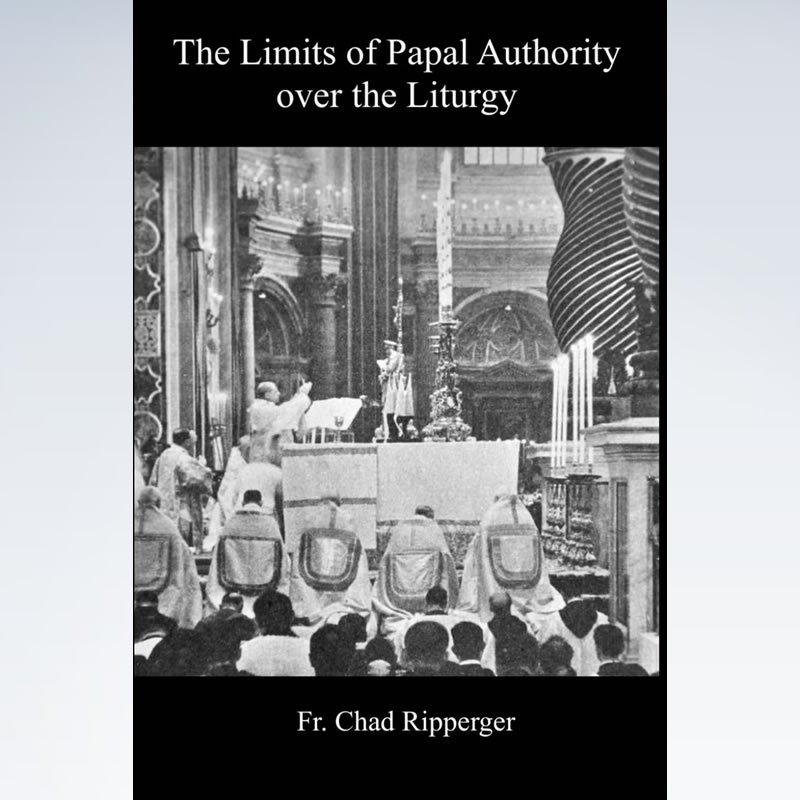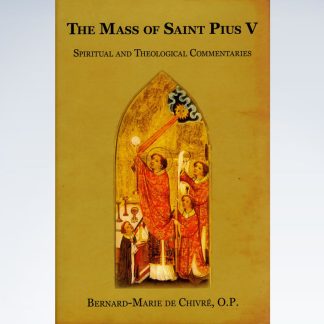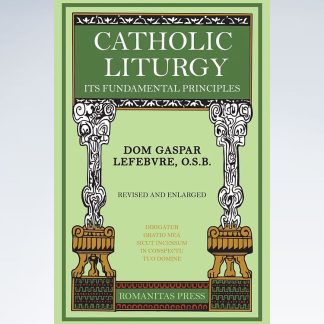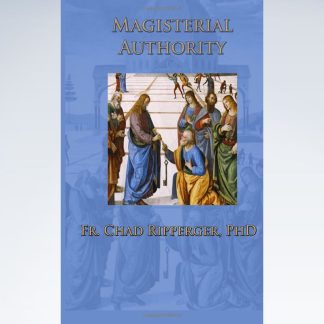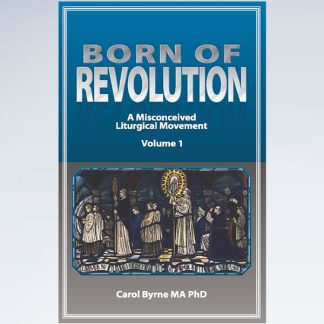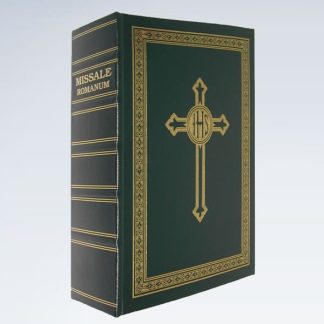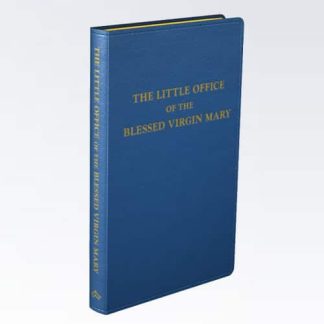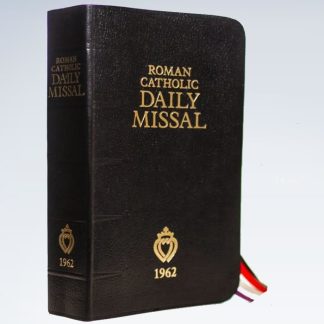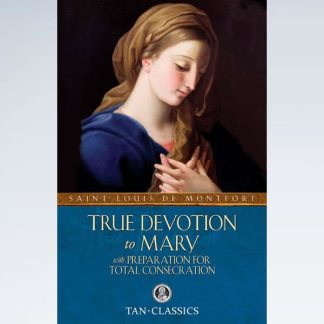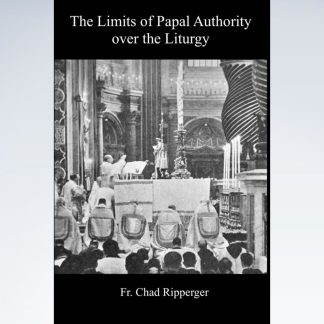This text discusses the principles behind the limits of papal authority over the liturgy, with an emphasis on the documents of the ecumenical councils, papal documents, saints and theologians throughout history. The book provides an initial look at the role of Divine, Divino-Apostolic and Apostolic tradition in relation to the liturgy, as well as the the principle of longevity and the role of the Natural Law and the Divine Positive Law in determining when the pope can make liturgical changes or suppress a rite.
In recent years, there has been a renewed discussion about the nature of papal authority over the liturgy. With the advent of Traditiones Custodes and the subsequent documents, there is renewed interest in the question of whether a pope can suppress a rite, and if so, under what conditions. “The Limits of Papal Authority over the Liturgy” brings to the fore the discussion of what authority, if any, does the pope have over the liturgy. This is not just a question of today, but it has been a question that has occurred historically within the Church. When one peruses the various writers on the subject, there tends to be two extremes, viz., those who say he does not have authority to make liturgical changes, or restrict them severely to such a point as rendering it such that he has no authority, practically speaking, and those who think the pope can do whatever he pleases in relation to the rites, including the rite of the Holy Sacrifice of the Mass.
The Limits of Papal Authority over the Liturgy
Table of Contents
Acknowledgments
Introduction
Chapter I: Nature of Authority
The Nature of Authority Itself
Natural Law and Divine Positive Law
Authority ad Personam and Authority ad Rem or Who Has What Authority
Chapter II: The Pope’s Authority over the Liturgy
Chapter III: General Principles regarding Limitation of Papal Authority over the Liturgy
Natural Law
Divine Positive Law
Authority as Part of Jurisdiction
Tradition as a Norm
Heretics and the Liturgy
Longevity
Exactitude in the Worship of God
A Necessary Distinction
Conclusion
Chapter IV: Divina-Apostolic and Apostolic Tradition
Divine Tradition
Apostolic Tradition
- The Quality of Apostolicity
- Certain Elements Enjoy Apostolicity
Quodlibetal Conclusions
Chapter V. Supernatural Prudence as a Regula for Liturgical Change
Prudence in General
The Integral Parts of Prudence
- Memory (Memoria)
- Understanding (lntellectus)
- Docility (Docilitas)
- Shrewdness (Solertia)
- Reason (Ratio)
- Foresight (Providentia)
- Circumspection (Circumspectio)
- Caution ( Cautio)
Potential Parts of Prudence
- Good Counsel (Eubu!ia)
- Synesis
- Gnome
Certain Vices contrary to Prudence
- Precipitation
- Inconsideration
- Inconstancy
- Negligence
- Carnal Prudence
- Craftiness (Astutia), Guile (Dolus) and Fraud (Fraus)
Quodlibetals on Prudence in the Liturgy
Conclusion
Chapter VI: A Few Particular Liturgical Matters
Observations on the Principle of Evidence
- First Principles
- The Principle of Evidence
Exactitude of Worship, Again
Some Particulars
- Substance of the Sacraments
- Mixing Water in the Wine
- The Mysterium Fidei
- Preface
Conclusion
Chapter VII: Observations by Some Moderns
Chapter VIII: Papal Suppression of a Rite
The Authority of the Pope to Suppress a Rite
Particular Instances
Principles Governing Papal Suppression of a Rite
- Against the Divine Positive Law and Natural Law
- The Rite Lacks Apostolicity
- Contrary to Prudence
- Contrary to Tradition
- Contrary to Longevity
Papal Imposition of a Rite
Conclusion
Chapter IX: Papal Reverence
Various Authorities
On the Venerability and Inviolable and Inviolability of Received Liturgical Texts
- Venerable
- Inviolable
- Sacred
- Conclusion
Conclusion
Bibliography

